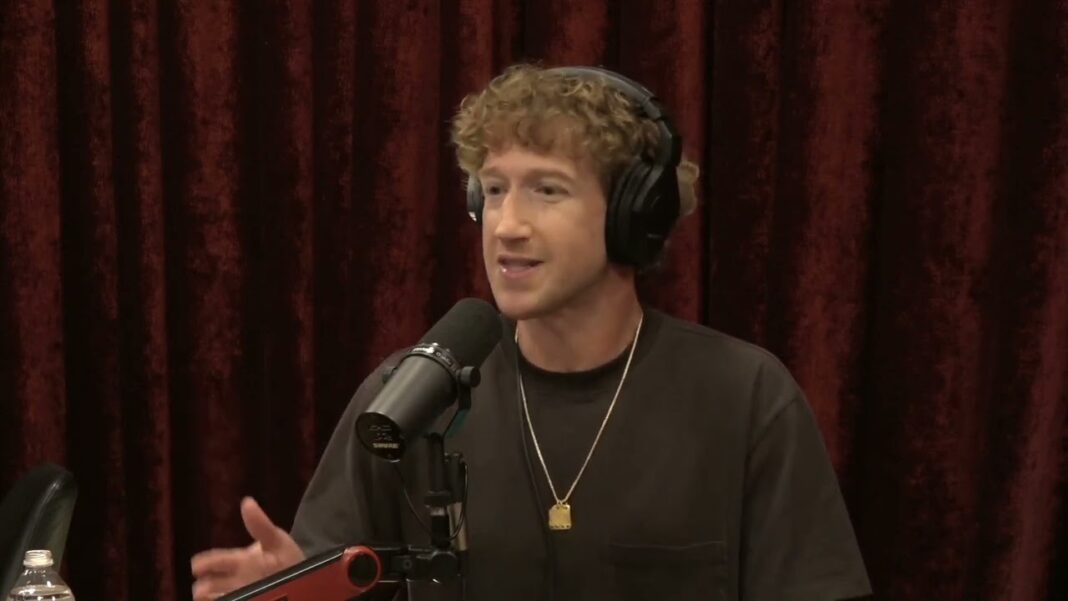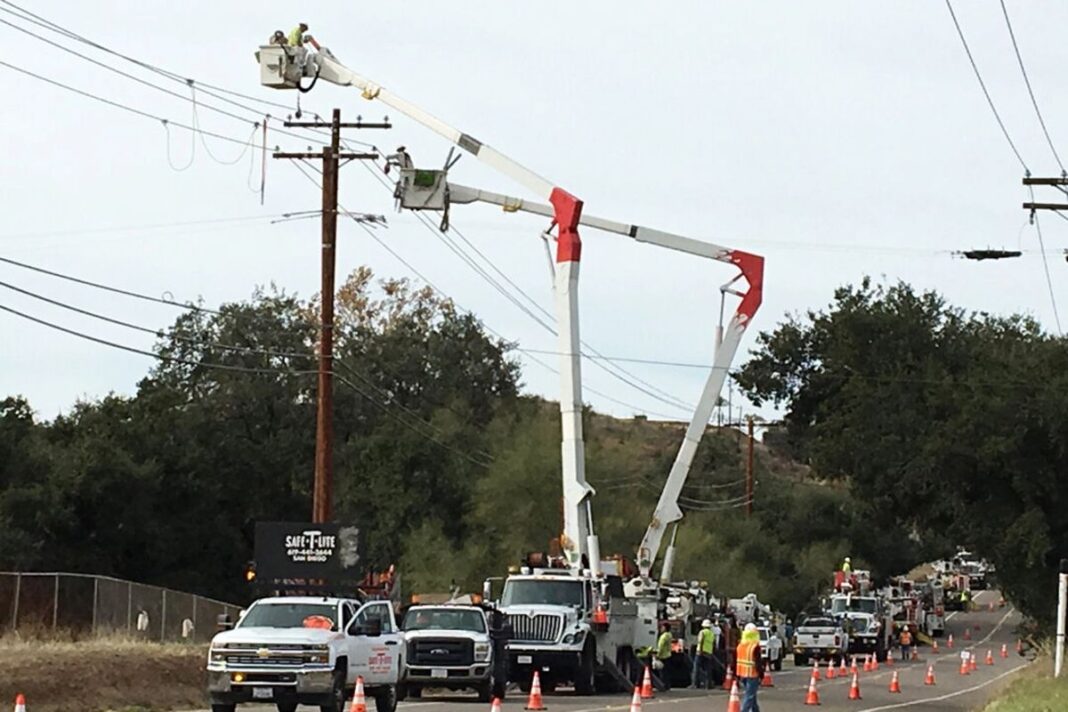Trump, censorship, and society-wide emasculation were highlights of the lengthy podcast.
Meta founder Mark Zuckerberg appeared on actor and martial artist Joe Rogan’s podcast on Jan. 10, sparking interest days ahead of President-elect Donald Trump’s inauguration.
The episode on “The Joe Rogan Experience” was aired just days after the tech founder announced his company was changing its moderation policy, replacing fact checkers with a less censorious system modeled on X’s Community Notes. He has also elevated Ultimate Fighting Championship CEO Dana White, a Trump and Rogan ally, to Meta’s board of directors.
During the nearly three-hour episode, Zuckerberg and Rogan talked Trump, online censorship, the recent election, television versus. podcasts, and the emasculation of society.
Trump ‘Wants America to Win’: Zuckerberg
Zuckerberg praised Trump on Rogan’s program, drawing a contrast between his prospective leadership and how the Biden administration handled the tech industry.
“I think he just wants America to win,” Zuckerberg said of Trump.
He also voiced regret for complying with requests to censor content on ideological grounds, particularly content related to COVID-19 while the Biden administration was pushing for COVID-19 vaccine uptake. He traced the rise of ideological censorship online to Trump’s election in 2016, which came alongside Brexit, and to the 2020 pandemic.
“We did generally defer to the government on some of these policies that in retrospect I probably wouldn’t, knowing what I know now,” he said.
“These people from the Biden administration would call up our team and like scream at them and curse,” Zuckerberg said.
The Facebook founder said that the United States should do more to defend its tech companies in other countries, citing legal actions by the European Union (EU) against Meta and other tech giants. He said the U.S. government had set the stage for other governments to intervene through its own approach to Meta and other firms.
The Election Made a Mark
Zuckerberg told Rogan that the 2024 election had affected Meta’s approach to content moderation.
“The good thing about doing it after the election is you get to take this cultural pulse,” he said. “We try to have policies that reflect mainstream discourse.”






